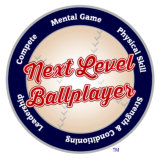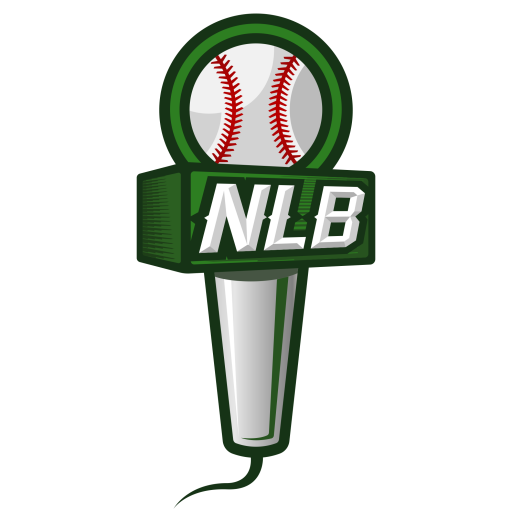
Not too long ago Vin Scully recommended Dr. Jack Llewellyn as one of the top baseball psychologists in the world and an incredible man. Since then I’ve gotten to know “Dr. Jack” personally and confirmed both. Besides working with the Atlanta Braves for many years, he currently consults for the Washington Nationals. There have been a few times when we’ve had to cut phone conversations short because, “The Nats’ Michael Morse is on the other line and I gotta take it.” He is a wealth of knowledge and Next Level Ballplayer is privileged to call him a friend. This will be the first of many articles on the mental side of baseball based on my conversations/interviews with Dr. Jack.
Why a Ballplayer Should Never Relax
In 38 years, I’ve never told a player to relax. Because when you relax, you slow your system down and it takes away from your talent.
The 1-10 Emotional Scale: What is it and where should you play at?
1 means you are too relaxed. Your performance is bad because you make what we call errors of omission. In other words, a 1 is lethargic.
10 means you are absolutely nuts.
Where do you play on the 1-10 emotion scale?
What Emotional number should you play at?
Your emotions should be under control, well balanced, but on the edge around a 6 or 7. At a 6-7, you’re reading the game quicker, making better decisions, and performing better overall. Now the downside of this is that if you start every pitch at a 6-7, and you foul off the hanging curveball or get your best fastball ripped in the gap, you aren’t still going to be at a 6-7. You’ll be over the edge into an 8, 9, or 10. In order to be comfortable on your “mental edge” (6-7) you need to have something in your tool box that you can bring out at any time that will take you back to that 6-7. You need to bring yourself back to the edge, NOT relax. You’re mental tool bag has to have something in it that will bring you back to a 6-7 in five seconds or less
A lot of guys will pitch at a 3-4 because they know if they get ticked off they’ll be on the edge at a 6-7. The key is being able to consistently pitch on the edge. Once you learn to control yourself, then it’s fun.
So if you don’t tell ballplayers to relax, what do you tell them?
Be emotional, but under control. I think when coaches tell players to relax, what they really mean is get under control. It’s different terminology but to a player relax means relax, drop your emotions down. There is no chance at misunderstanding when it comes to, be emotional, but be under control. You don’t want a player to hear “relax” and then start playing at an emotional 4.
Going back to that mental tool bag that you say ballplayers should have to bring themselves back to the 6-7 range when stuff hits the fan: How exactly do you get a mental tool bag and what do you put in it?
Well, it’s important to first realize that we store everything that we do, but when we recall things you usually recall the mistakes you made. The first thing I’d have a ballplayer do is store every great pitch he’s thrown or for a hitter, every great at bat he’s had. Then, from that moment forward, every time you throw a great pitch or crush a ball, take a moment to replay it in your mind and make sure that you store it. There are two piles we have in our heads. One with negative stuff, where the cup runneth over and one with positive stuff, where there is plenty of room. The goal is to build up the positive pile so that you can pull up a good pitch or at bat whenever you want. It will help you recover quicker. It will help you get under emotional control. It helps you to enjoy playing the game more. It allows you to play the game in a positive way.
After pulling something out of your mental tool bag in the heat of the moment, is there anything else to do to bring you back into the moment?
It’s all about keeping it simple. Pull up a positive pitch or at bat in your mind, then take a big breath and say to yourself, “Let yourself pitch” or “Let yourself hit”. Like I said, in 5 seconds or less you should be able to bring yourself back into your ideal emotional level (6-7).
——————————————————————-
Many thanks to Dr Jack for being generous with his time and knowledge. Stay posted for plenty more insight on the Mental Side of Baseball. Please feel free to post any questions and/or comments in the comment section below and I will be sure to respond.



